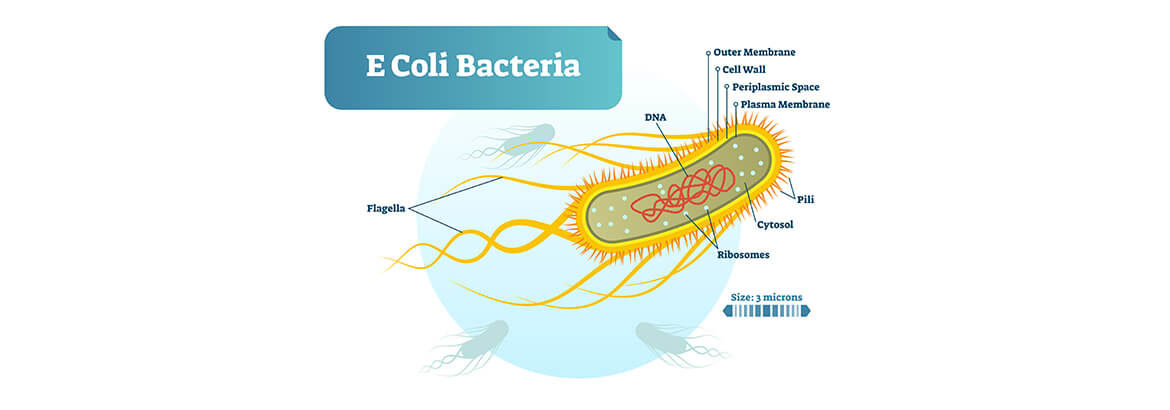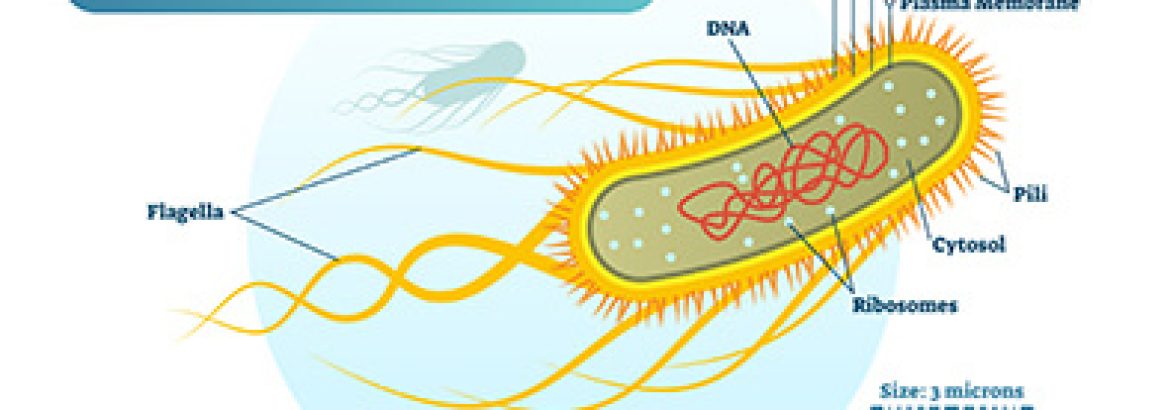E. Coli is an abbreviation for the bacterium Enterobacteriaceae family called Escherichia coli. “Escherich” was the scientist who isolated the bacteria in 1885. Many types exist—some healthy, some dangerous; the most common harmful strain is E. coli 0157:H7. Organisms are harbored in animal and human feces, with the most common sources being ground beef and raw milk, but also less commonly found in raw produce.
Typical symptoms include severe abdominal cramps, bloody diarrhea and possible organ damage and/or death. The most at risk include young children, the elderly, and/or immunocompromised people.
It’s spread through contaminated food and/or water and person-to-person contact. If an infected person does not wash their hands properly after using the toilet, bacteria can be passed by physical contact or by handling food. Additionally, if water contaminated with E. coli (through animal or human feces) touches food at any stage (irrigation, washing, rinsing, etc.), the food may also become contaminated.




